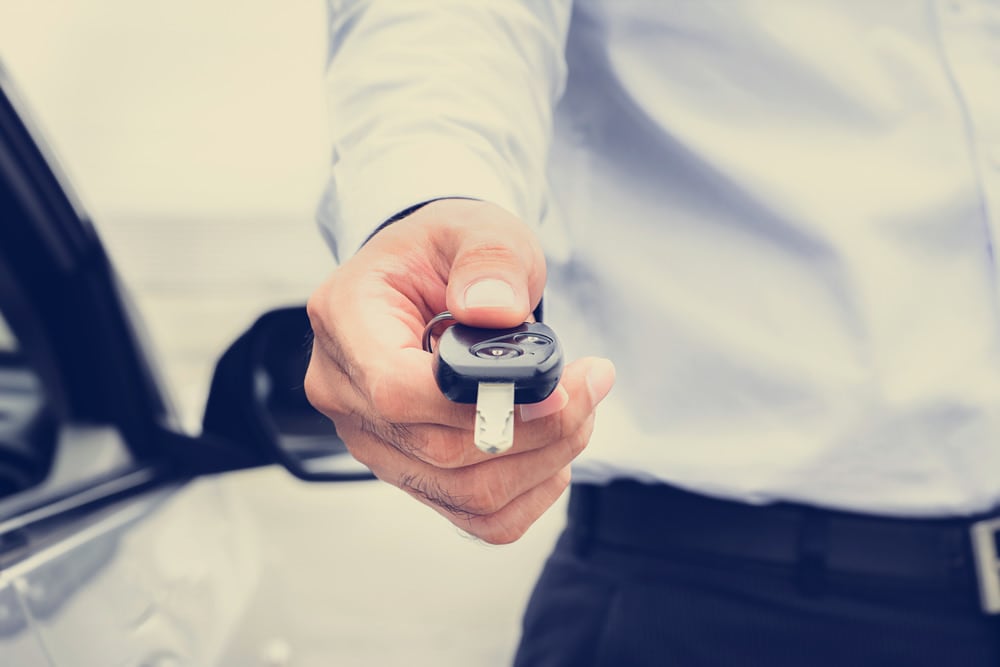

In today’s economy, it is important to make the best financial decisions possible. Choosing how to pay for a car is one of the toughest decisions you can make. Cars are tricky. Cars lose much of their value in the first three years of ownership. However, a new car can take five to seven years to pay off! Unlike a house, a car will not gain value over time. Cars always depreciate. There are two options to choose from when deciding how to pay for a car: buy or lease.
Buying and leasing a car are completely different things. Buying, or financing, is when you pay for the full price of a car over a period of time. Your payments can last anywhere from three to seven years. Leasing is when you only pay for a portion of the car's full price. When you lease, you only pay for the car's value for the years that you drive it. There are many advantages and disadvantages to both methods of purchasing a car.
When you lease a car
You don't need a big down payment. As mentioned before, when you lease a car, you are only paying for a portion of the total cost of the car, which requires less of a down payment. If you do not have a big down payment to put down on financing a car, or need lower monthly payments, leasing would be a good option for you. Today, many leases require no money down, but do require a security deposit.
You have to lease it for a certain number of miles. If you exceed the number of miles you bought when you first leased the car, you will be subject to paying extra fees when you turn it back in. If you are someone who drives many miles in a year, leasing may not be a good option for you.
You can drive a better car for less money, but you do not own the car. The dealer you leased the car from will continue to own the car, even when your lease is up. When your lease is up, you can choose to buy the car, but that requires another payment.
You carry higher insurance when you lease a car, because you have to protect both the assets of the driver and the assets of the owner.
When you buy a car
You need a large down payment. Paying the full price on a car requires a big down payment to lower monthly payments. If you cannot make a large down payment, your monthly payments will be high, or you may not be eligible to buy the car at all. If you cannot afford a large down payment or high monthly payments, buying may not be for you. A typical down payment when purchasing a car is 20%.
You own the car. Your name will be on the title and you will be able to resell the car in the future. Often times, car owners will use their old cars as trade-ins to make a down payment on a new car they are buying. This may help with the cost of a car later down the road. If you are someone who takes pride in what they own, buying a car may be for you.
Your insurance costs will be less than with a lease. You’ll be able to carry a policy that only protects your assets, which are usually far less than the assets of the dealership that you would lease from.
No matter which method you choose, you will be paying for a car over several years. Each method determines the amount you initially pay, the amount you pay every month, and what you do with the car when your payments are over. Some people find it more beneficial for them to lease a car. Others find that buying is the best for them.
Deciding between buying and leasing is based off of your own circumstances. Everyone is different and different people require different payment methods. After you carefully examine your own situation, you will be able to make the best decision on purchasing your new car.



